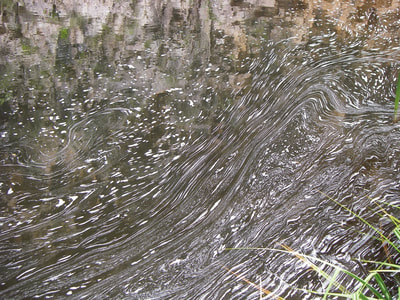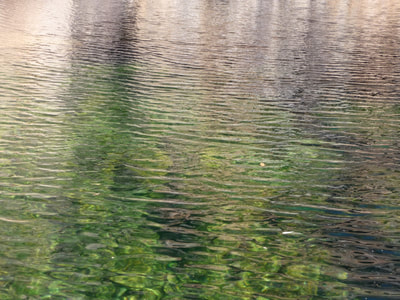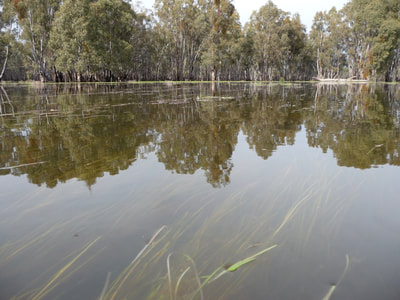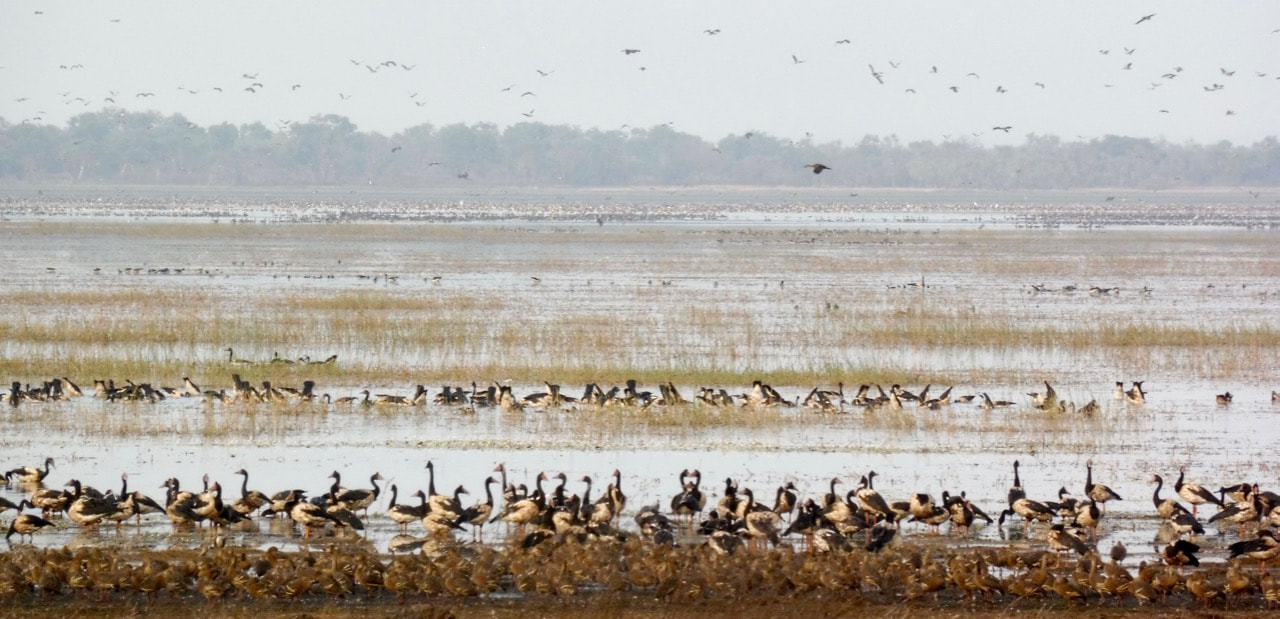About me -
Hi, I'm Don Butcher and Reflections on Country is my blog, early days on this. I hope to put my photos and stories out there.
I have had the privilege of working in most Australian states as an outdoor educator, bushwalking guide, tour guide, national park interpretation ranger, and I’ve become entranced with many of these landscapes.
I have had the privilege of working in most Australian states as an outdoor educator, bushwalking guide, tour guide, national park interpretation ranger, and I’ve become entranced with many of these landscapes.
Why the name - Reflections on Country?
I love rivers and wetlands and I take photos of them, I love the insight they provide, the stories they can tell - healthy waters come from healthy land. How good is it to be canoeing a river and drink from a cup! How often can we do this? A fair few of my photos have reflections gracing streams or pools – often pretty but not always.
I like to ponder, to reflect upon Australia - from the natural world’s perspective, from the animals and plants, the communities of a place. What is the influence of culture… A recent 10 day walk along west coast Tasmania gave a tragic comparison of two worlds, Palawa people had left large shell middens, essentially kitchen scraps dominated by abalone shells, in contrast shamefully there was so much discarded plastic about that beautiful coastline, how much of that stuff breaks down to become persistent long lived micro plastic? Are we caring for country?
I love how Aboriginal people use the word 'country'.
In Aboriginal English the word country* is more than a flag or a nation state, it's so much more - kind of like our word home. With an occupation at least 65,000 years long, ‘home’ takes on unfathomable depth – deep time. A genetic study from 2017 confirmed Australia's first people had settled regions across Australia and made patches of country home at least 50,000 years ago. Even with ‘2020 vision’ that is only 232 years of settler Australia history, now in 2024 - 236 years. We as settler Australians have hardly arrived and yet we have so profoundly altered the health and resilience of Australian landscapes. Take a look at the AIATSIS map of Australian languages – an insight to connections profound. So many groups of people and unique approaches to living in each unique patch.
The late anthropologist Debra Bird Rose's brilliant book Nourishing Terrains from 1996 goes some way to communicate the profoundly close connection Aboriginal people have with their country. A wonderful title for her book btw, as 'country' indeed is a nourishing terrain.
Sure, water can reflect country though with this blog I want to reflect more broadly upon Australian landscapes and their health.
I love how Aboriginal folk will ask “Where your country?”
So, where is your country? What stories do you have for your country?
* click on the word country for a Radio National link to Aboriginal arts & culture program AWAYE! for deeper insight to the word's use. A 5 min listen from the 2 min mark on, but really the whole program - brilliant!
I like to ponder, to reflect upon Australia - from the natural world’s perspective, from the animals and plants, the communities of a place. What is the influence of culture… A recent 10 day walk along west coast Tasmania gave a tragic comparison of two worlds, Palawa people had left large shell middens, essentially kitchen scraps dominated by abalone shells, in contrast shamefully there was so much discarded plastic about that beautiful coastline, how much of that stuff breaks down to become persistent long lived micro plastic? Are we caring for country?
I love how Aboriginal people use the word 'country'.
In Aboriginal English the word country* is more than a flag or a nation state, it's so much more - kind of like our word home. With an occupation at least 65,000 years long, ‘home’ takes on unfathomable depth – deep time. A genetic study from 2017 confirmed Australia's first people had settled regions across Australia and made patches of country home at least 50,000 years ago. Even with ‘2020 vision’ that is only 232 years of settler Australia history, now in 2024 - 236 years. We as settler Australians have hardly arrived and yet we have so profoundly altered the health and resilience of Australian landscapes. Take a look at the AIATSIS map of Australian languages – an insight to connections profound. So many groups of people and unique approaches to living in each unique patch.
The late anthropologist Debra Bird Rose's brilliant book Nourishing Terrains from 1996 goes some way to communicate the profoundly close connection Aboriginal people have with their country. A wonderful title for her book btw, as 'country' indeed is a nourishing terrain.
Sure, water can reflect country though with this blog I want to reflect more broadly upon Australian landscapes and their health.
I love how Aboriginal folk will ask “Where your country?”
So, where is your country? What stories do you have for your country?
* click on the word country for a Radio National link to Aboriginal arts & culture program AWAYE! for deeper insight to the word's use. A 5 min listen from the 2 min mark on, but really the whole program - brilliant!
A huge chestnut swamp in Kakadu i have had the great privilege to work beside. Every year mid to late late dry season a great gathering of life takes place, as water levels drop tens of thousands of Magpie Geese dig in the mud for Water Chestnut (Eleocharis dulcis), this a mad frenzy before the swamps dry and bake hard. A mind blowing example of abundance in an Australian landscape.



